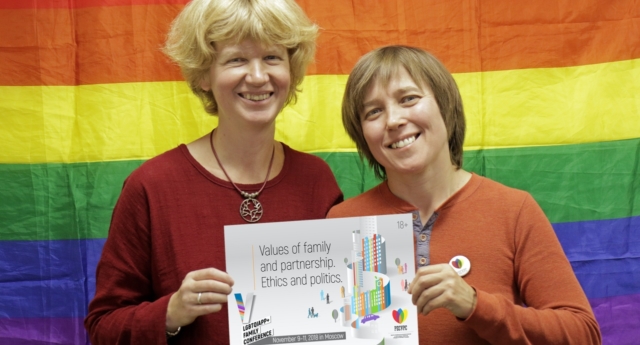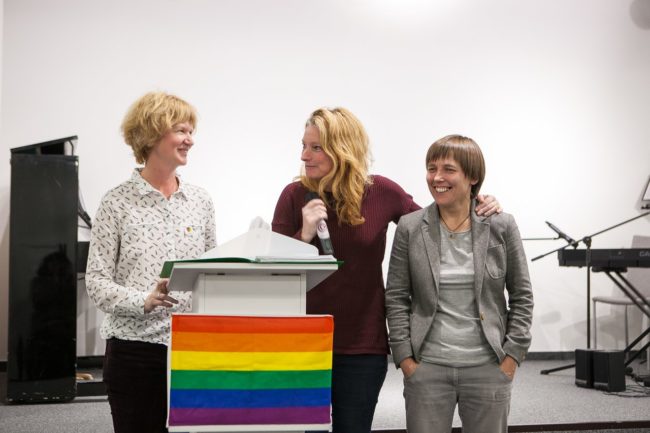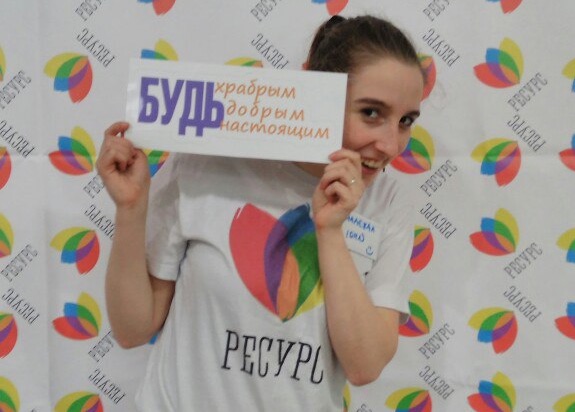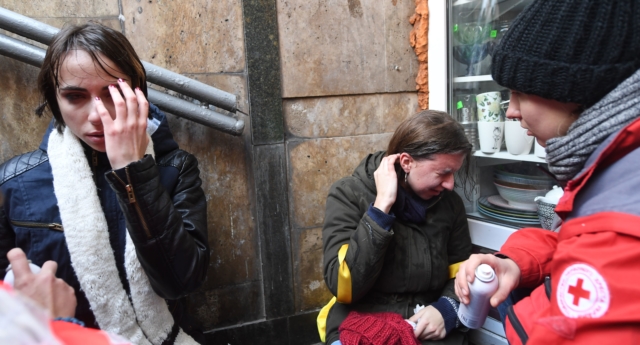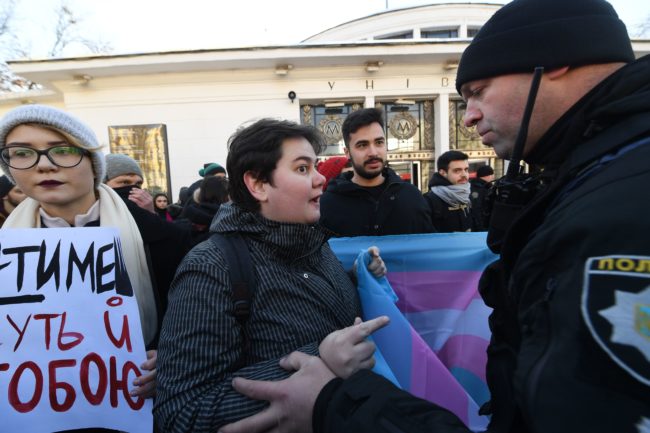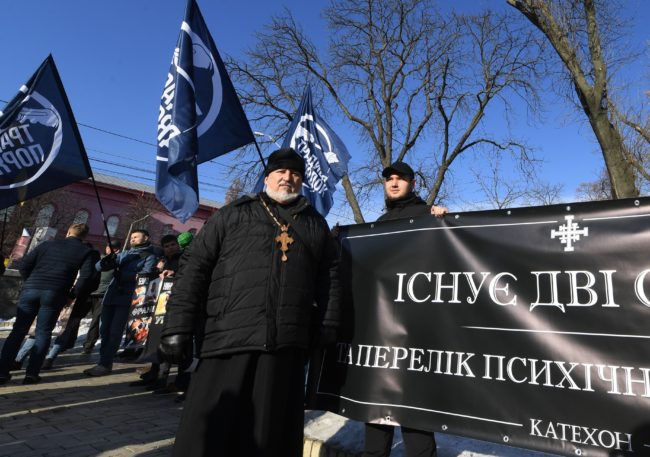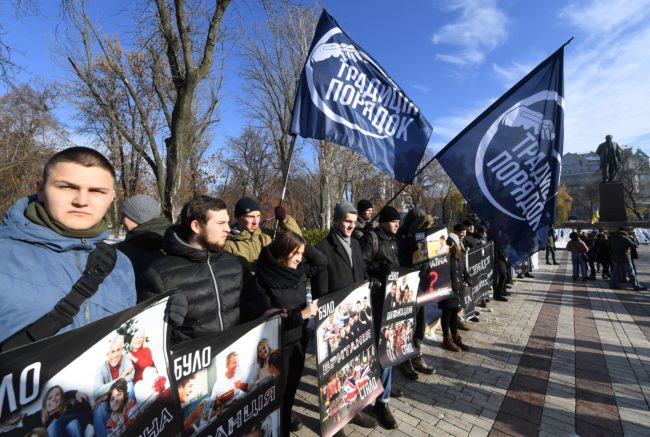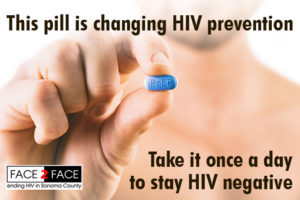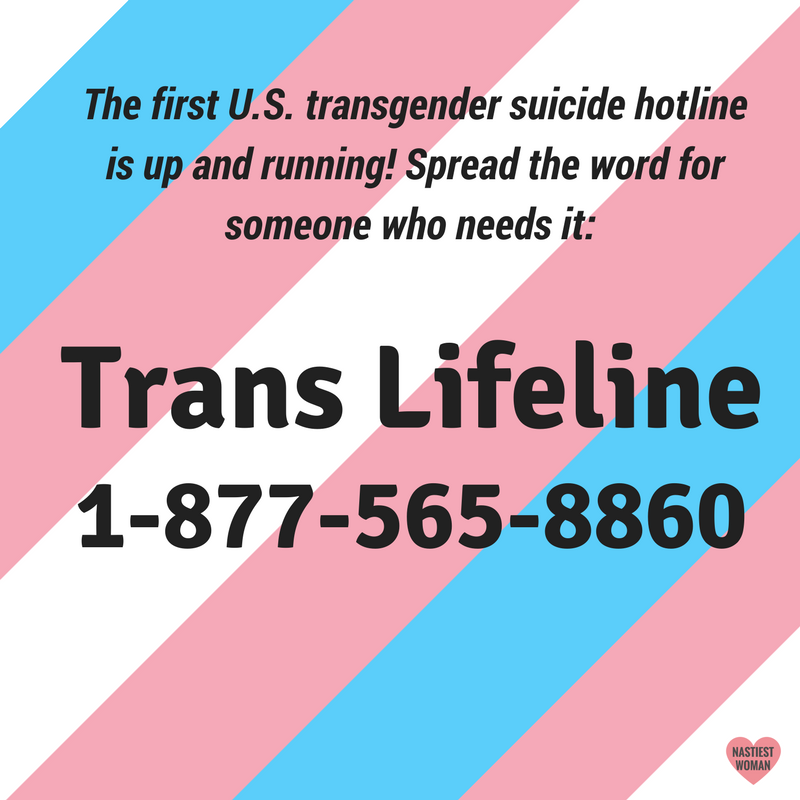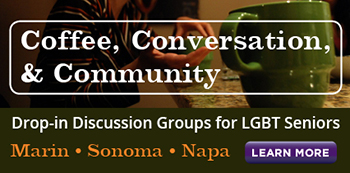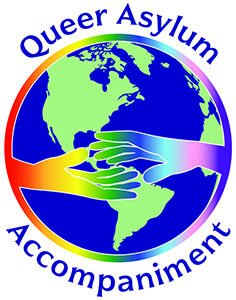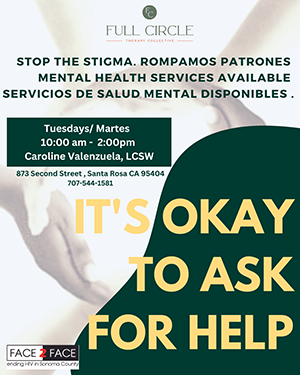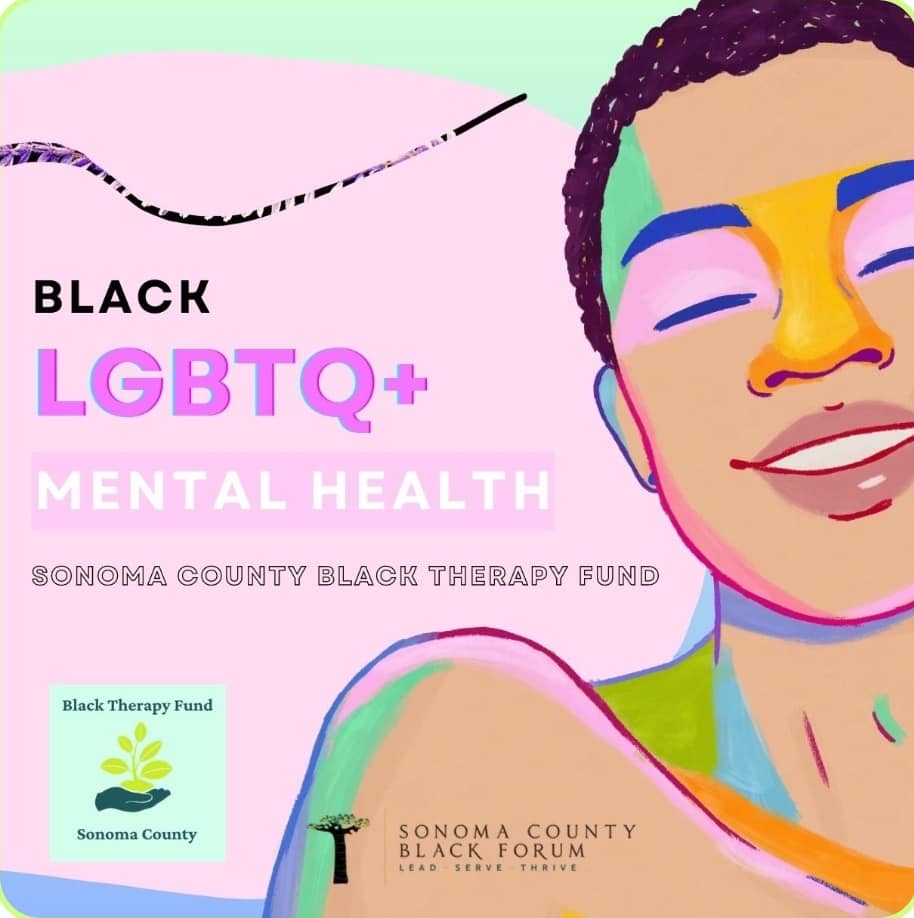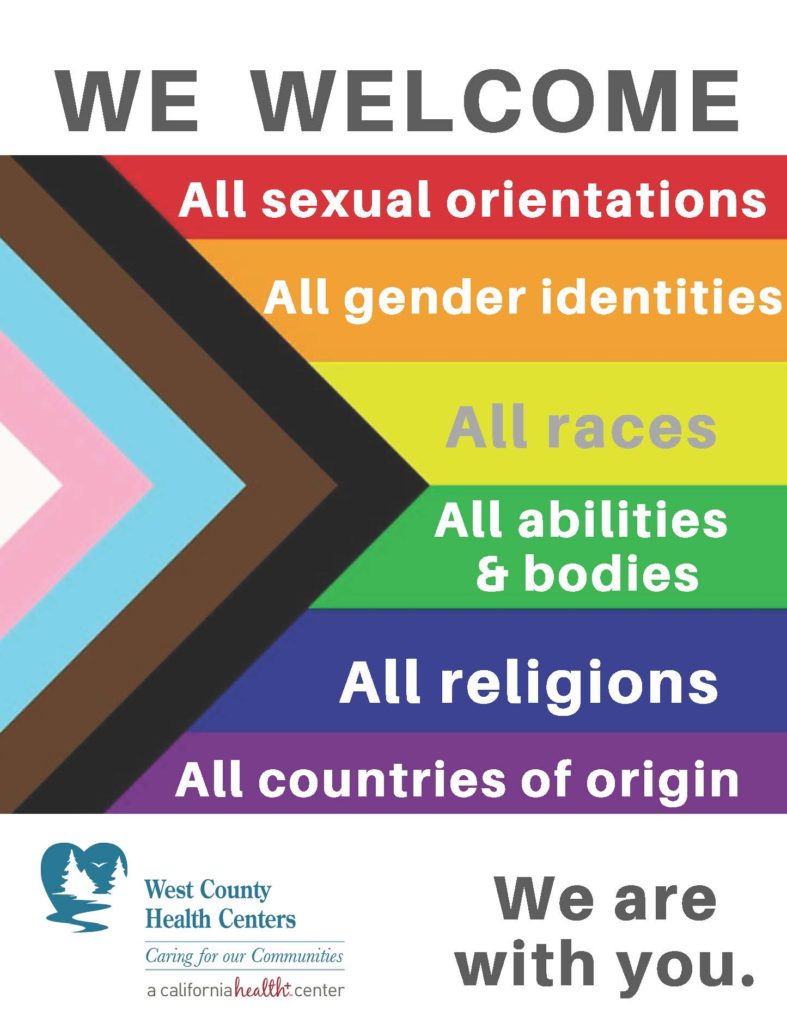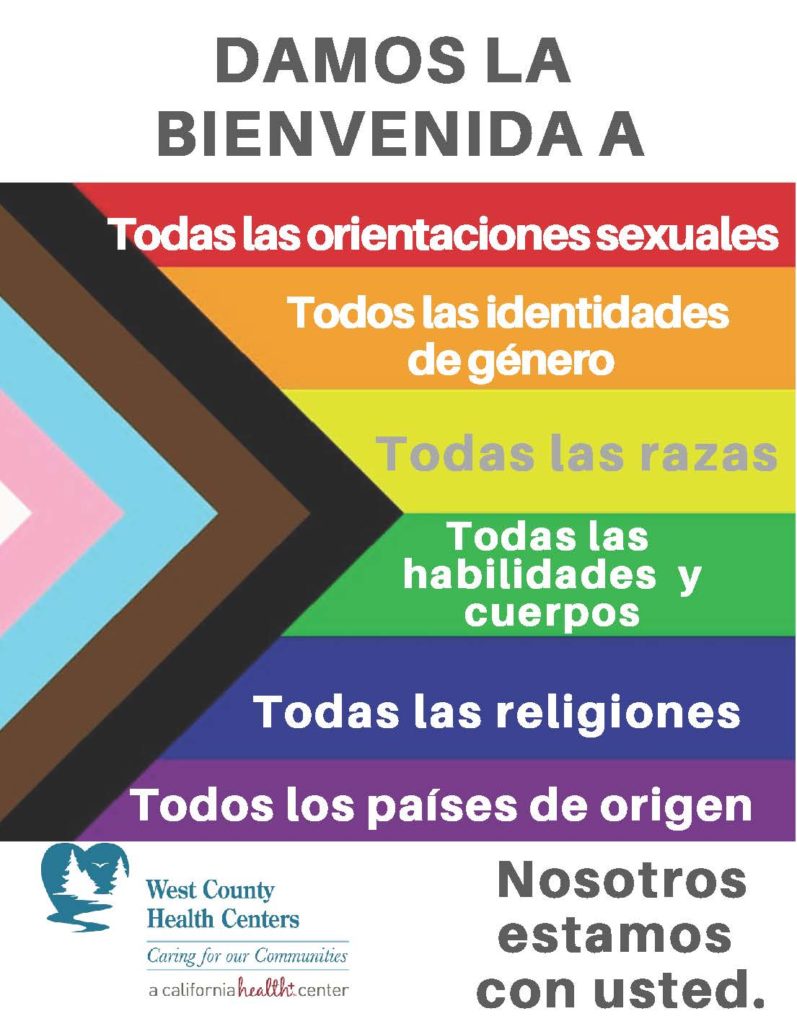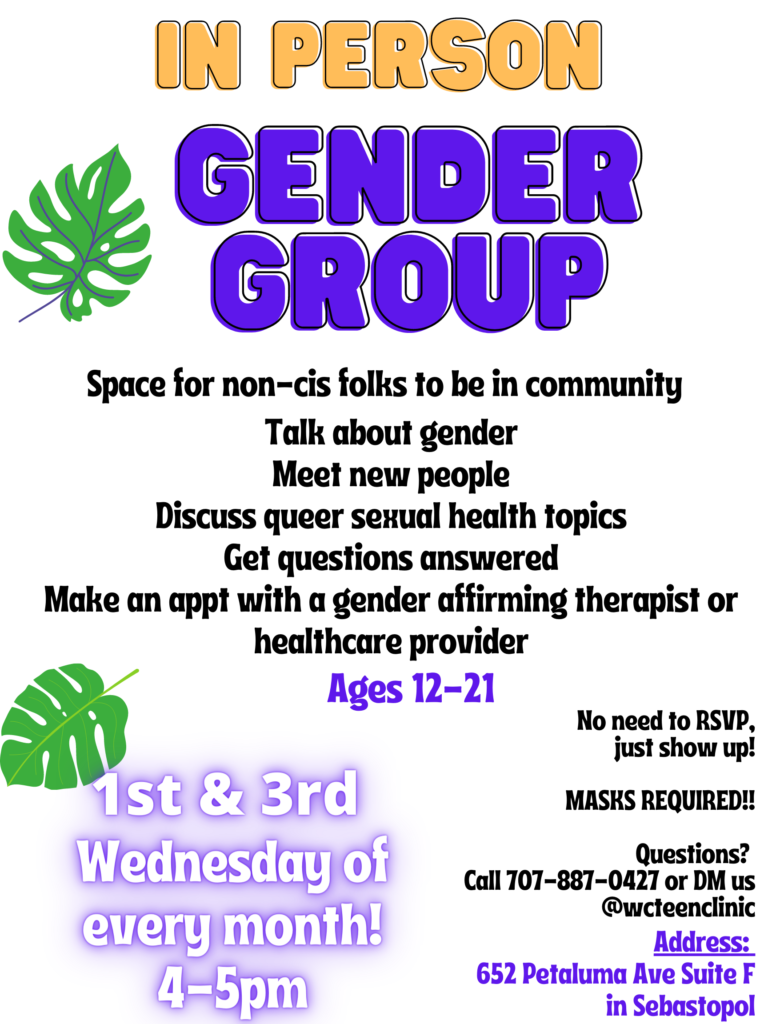Trump Administration Forces 4-H to Drop Pro-LGBTI Guidance
An investigation by the Des Moines Register has revealed that pressure from the Trump Administration forced 4-H groups to drop guidance welcoming LGBTI youth.
4-H are a global network of agricultural youth organizations with over 6million members. The 4-H names derives from the group’s original motto: ‘head, heart, hands, and health.’
In the US, the organization’s administered by the National Institute of Food and Agriculture of the US Department of Agriculture (USDA). As such, the government has power over how it is run.
In March, 4-H introduced new guidance to ensure LGBTI members felt welcomed and supported. This included recognizing gender identity and allowing trans kids to use their preferred bathrooms.
Committed to not singling out LGBTI youth
The new guidance stated: ‘4-H shall not segregate or otherwise distinguish individuals on the basis of their sex, gender identity, gender expression, or sexual orientation, in any 4-H activities or the application of any 4-H rule.’
It also said, ‘If 4-H provides sex-segregated activities and facilities, transgender and intersex individuals shall be allowed to participate in such activities and access such facilities consistent with their gender identity.’
The guidance goes on to note that some people might object to these provisions. However, ‘As is consistently recognized in civil rights cases, the desire to accommodate others’ discomfort cannot justify a practice that singles out and disadvantages a particular class of individuals.’
Conservative and evangelical backlash
In March, several US states posted about the guidance.
However, local religious groups and conservatives criticized the new guidelines.
Shortly afterwards, in April, a National Institute of Food and Agriculture (NIFA) communications manager sent emails to at least two states — Iowa and New York — urging the 4-H organizations there to remove the LGBT guidance from their websites, reports the Register. The brief email did not offer explanation as to why it wanted the guidance removed.
Some states went along with the request. However, in Iowa, John-Paul Chaisson-Cardenas, a 4-H Youth Development Program leader, resisted.
He says he was to receive death threats for his support of the guidance. Right-wing websites such as WorldNetDaily extensively covered criticism of the new guidance and Chaisson-Cardenas’s defence of it.
Iowa State University Extension, which oversees the local 4-H group, later ousted Chaisson-Cardenas. Its Vice President says Chaisson-Cardenas issued the document as ‘policy’ and not as ‘draft guidance.’
Chaisson-Cardenas received particular criticism for his defence of the guidance, and several conservative 4-H donators threatened to discontinue their funding of the Iowa group.
Although offered the opportunity to resign at a disciplinary hearing in May, he refused to do so. His employment was terminated in August.
4-H instructed to remove guidance and amend it
In respect to 4-H removing the pro-LGBTI guidance, the Des Moines Registers quotes Sonny Ramaswamy, NIFA’s former director. He says he was asked to a meeting with Heidi Green, former chief-of-staff to USDA Secretary Sonny Perdue. Green asked him to remove the document.
He says he found the request ‘odd’, but compiled as the document went out without first crossing his desk – in accordance with standard NIFA procedure. It was later replaced with new guidance which removed the references to trans kids using sex-segregated facilities.
After Ramaswamy’s meeting with Green, NIFA’s web communications manager, Dianne Bell, sent the email to 4-H in Iowa and New York. She requested the removal of the guidance from their respective websites.
NIFA and officials at the US Department of Agriculture declined to answer questions fr0m the Des Moines Register.
Ramaswamy now says he regrets not taking more of a stand when asked to remove the 4-H guidance by Green.
‘I wish I had stood up and said, “Take a hike. We will not take it down”,’ he told the Register. ‘”So sue me; so fire me” — I should’ve stood up.’
‘Unconscionable’
News of the Trump administration’s role in the removal of the new guidance has prompted uproar from LGBTI advocates.
‘For over a century, the national 4-H youth program has taught tens of millions of children the importance of character and community,’ said JoDee Winterhof, HRC Senior Vice President for Policy and Political Affairs.
‘This latest action by the Trump-Pence Administration is an unnecessary and cruel attack on LGBTQ youth that seeks to destroy community rather than create it.
‘It is unconscionable that the anti-LGBTQ discrimination under this president has now inexplicably expanded into the Department of Agriculture. We are determined to get answers on how this came about and demand that Congress protect LGBTQ youth from this callous attack.’

